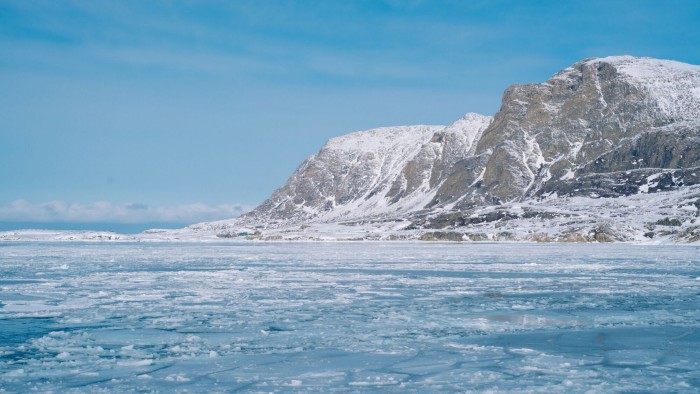Unlock the White House Watch newsletter for free
Your guide to what the 2024 US election means for Washington and the world
Denmark’s foreign minister is set to meet the US secretary of state this week in the first in-person, high-level diplomatic talks between the two countries since the re-election of US President Donald Trump and his vow to “take control” of the Danish island of Greenland.
Lars Løkke Rasmussen and Marco Rubio plan to meet on the sidelines of a meeting of Nato foreign ministers in Brussels that begins on Thursday, two officials briefed on the preparations told the Financial Times, amid a flurry of diplomatic activity by both sides related to the Arctic territory.
The planned meeting, which the officials stressed could be cancelled due to the tense relations between Copenhagen and Washington, will come as Danish Prime Minister Mette Frederiksen visits Greenland, days after Trump’s vice-president, JD Vance, made his own visit to the island.
Trump said during Vance’s trip on Friday that “we have to have Greenland”, repeating his arguments that US control of the vast, mineral-rich island was critical to global security and that Denmark was not capable of defending against increased Russian and Chinese activity in its vicinity.
American and Danish officials are engaged in minimal diplomatic contact, officials said. Rasmussen and Rubio spoke during a 20-minute telephone call in January, a week after Frederiksen and Trump had their own ill-tempered call regarding the island.
A US state department spokesperson declined to comment when asked about plans for the meeting this week. The Danish government also declined to comment.
Denmark, which has previously tried to ignore Trump’s demands and urged its allies not to respond to his comments, has shifted tactics in recent weeks in a bid to compete with Washington’s rhetoric.
Rasmussen this weekend publicly hit back at Trump administration’s attacks on Copenhagen’s management of Greenland. “Of course, we are open to criticism,” he said. “But let me be completely honest: We do not appreciate the tone in which it’s being delivered . . . this is not how you speak to your close allies.”
The strain placed on Greenland by the pressure from the Trump administration was visible in a series of extraordinary events on Monday.
First, Greenland’s longtime foreign minister, Vivian Motzfeldt, said Frederiksen’s visit, which is to begin on Wednesday, was “inappropriate” as a new government will only be formally approved next week. “Good co-operation is linked to equality, and this is not equal,” Motzfeldt added.
Then, only a few minutes later, the island’s prime minister-designate Jens-Frederik Nielsen pushed back against his future foreign minister by saying Frederiksen’s visit was “still on” and that he was “personally looking forward to it”.
Some Greenlandic politicians initially seized on Trump’s interest to try to push their desire for independence from Copenhagen, but increasingly there are signs that Greenlanders see dangers in too hasty a separation from Denmark.
Additional reporting by James Politi in Washington


